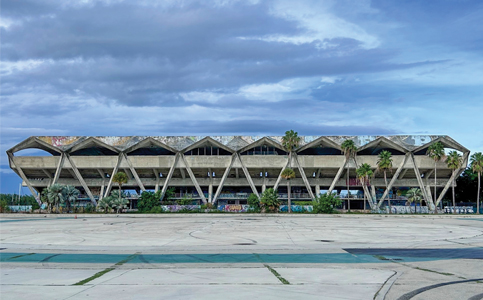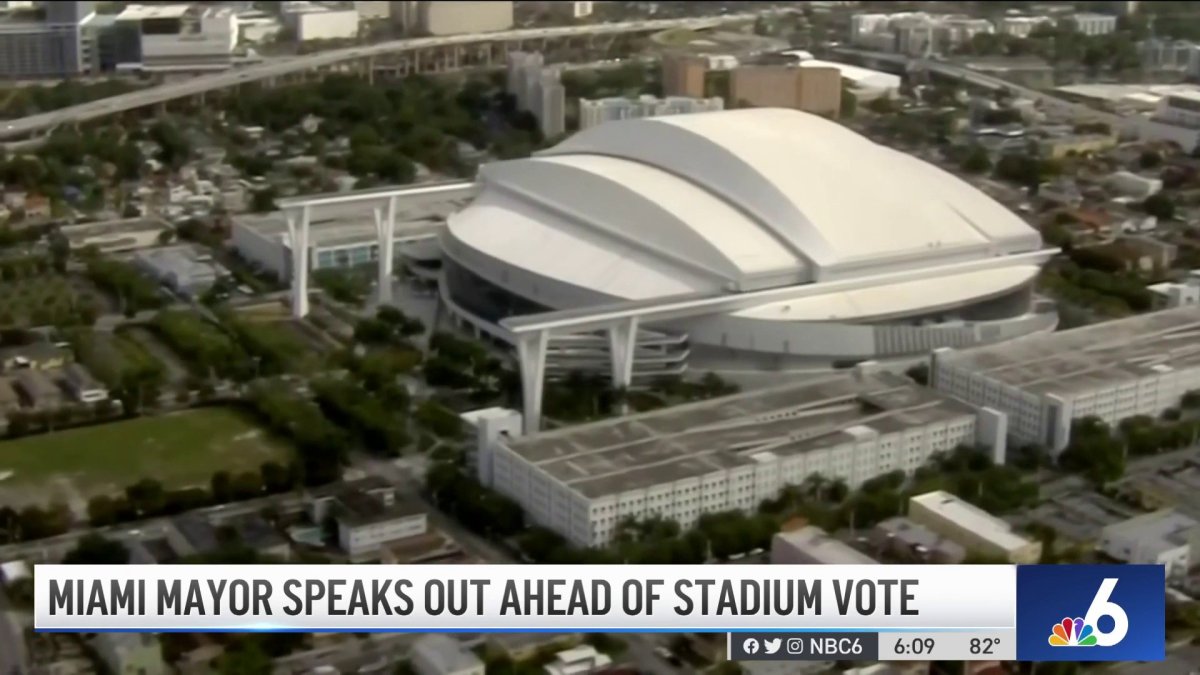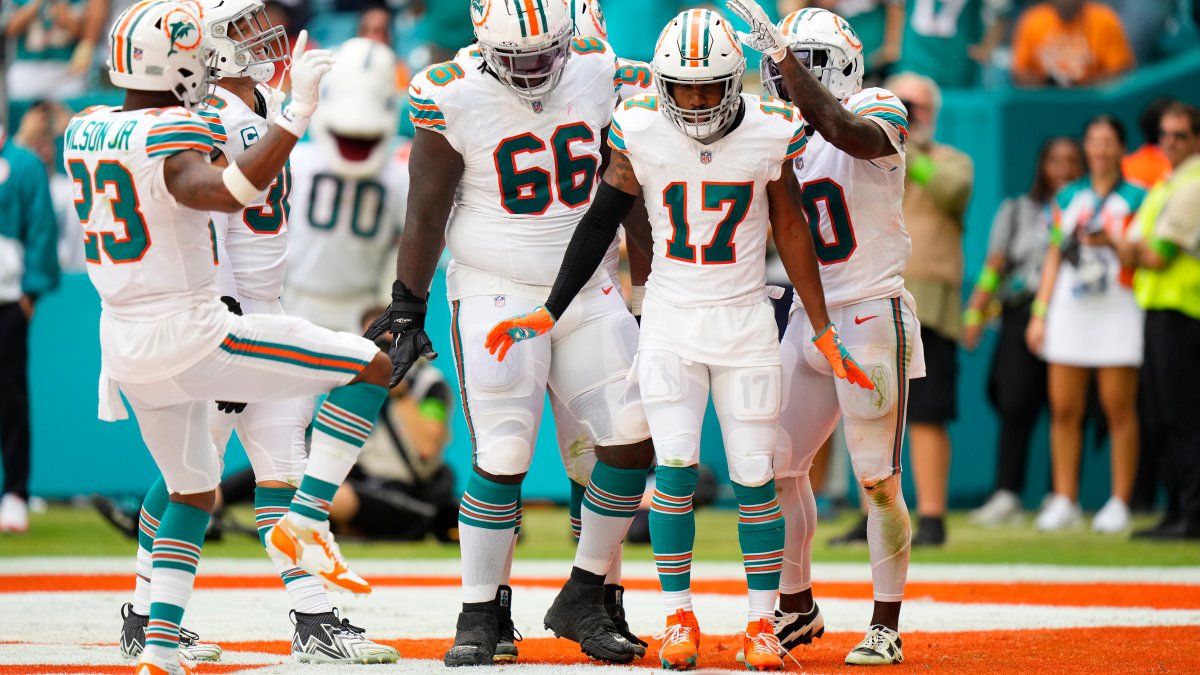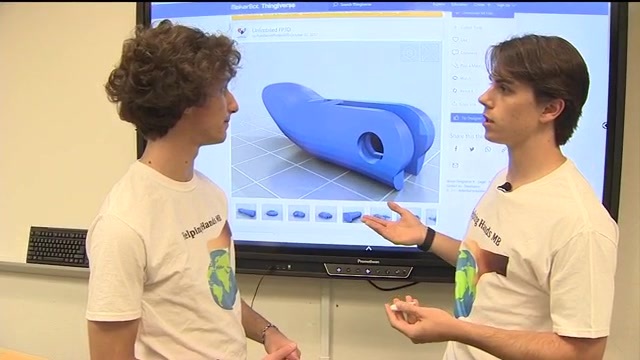City defunds Miami Marine Stadium

Advertisement

New appropriations have been made for a mooring field and boat launch at the Miami Marine Stadium, but the future of the historic landmark itself awaits a financial feasibility study to identify the ultimate operating cost.
The Miami City Commission passed a budget amendment Nov. 16 to update capital projects for the 2023-2024 fiscal year, in which $6 million was appropriated for ongoing upgrades at the marine stadium, which included $3 million for the mooring field and another $3 million for the boat launch and trailer parking.
The move comes after the commission approved a resolution Oct. 26 declaring its intent to issue $6 million in special obligations bonds for the boat launch, trailer parking and mooring field. The bond amount was significantly lowered from the proposed $61.2 million, which included development of a new welcome center and museum complex, as questions arose regarding the demand for a revamped stadium and who would cover the costs.
At the meeting, Commissioner Joe Carollo noted the administration had not yet provided the results of a financial feasibility study requested in February 2022. The city’s chief financial officer Larry Spring didn’t respond to questions on the status of the study.
Don Worth, co-founder of the nonprofit group Restore Miami Marine Stadium, told Miami Today that the city needs two things to effectively utilize the unique waterfront landmark: a financial feasibility study and a civic leader to champion the legacy project.
“It’s a very complex project and people have asked, why has this thing taken so long? Why have things stalled? I think there’s a real simple answer to that, which is that complex projects like this are done with leaders, either a political champion or strong civic leadership,” said Mr. Worth.
He compared the size and scope of the project to the Underline and the Adrienne Arsht Center for Performing Arts, which required collaboration between private and public leaders.
“I have to give Meg Daly tons of credit, she did a brilliant job. But she also had a counterpart. She had Miami-Dade Mayor Carlos Giménez, who saw [the Underline] as a legacy project and was willing to put political capital into it. Those people working together made it happen,” Mr. Worth said.
Similarly, civic leaders like Parker Thomson, Stuart Blumberg and Sherwood “Woody” Weiser were instrumental in founding the Adrienne Arsht Center for the Performing Arts.
Mr. Worth also said the marine stadium is more economical than other entertainment venues. “I compare the Arsht Center, which is two 2,600-seat theaters, to the marine stadium. The Arsht Center cost half a billion dollars 20 years ago. The marine stadium, which is one 6,000-seat theater, has broader uses and costs one-tenth of that amount, $60 million. It’s a bargain.”
Mr. Worth said Miami should follow in the footsteps of neighboring Miami Beach and seek outside professional operators for such projects. He cited the Miami Beach Bandshell, a historic open-air venue that was operated by the local municipal government for years.
The Bandshell was run by the City of Miami Beach until 2015 and only hosted 20 events that year. Now under the management of the Rhythm Foundation, a nonprofit cultural organization and leading presenter of international music in the US, the venue put on 126 events last year that were attended by 77,000 people.
“We need some civic leaders to step up and to see what an outrageous, incredible, wonderful legacy project [the marine stadium] is for themselves and the community,” Mr. Worth said. “It’s not too late, but it’s getting late. And if those people don’t step up, it’s not going to happen. There will be some private development at the site and the city will have lost a great opportunity to do something extraordinary.”


